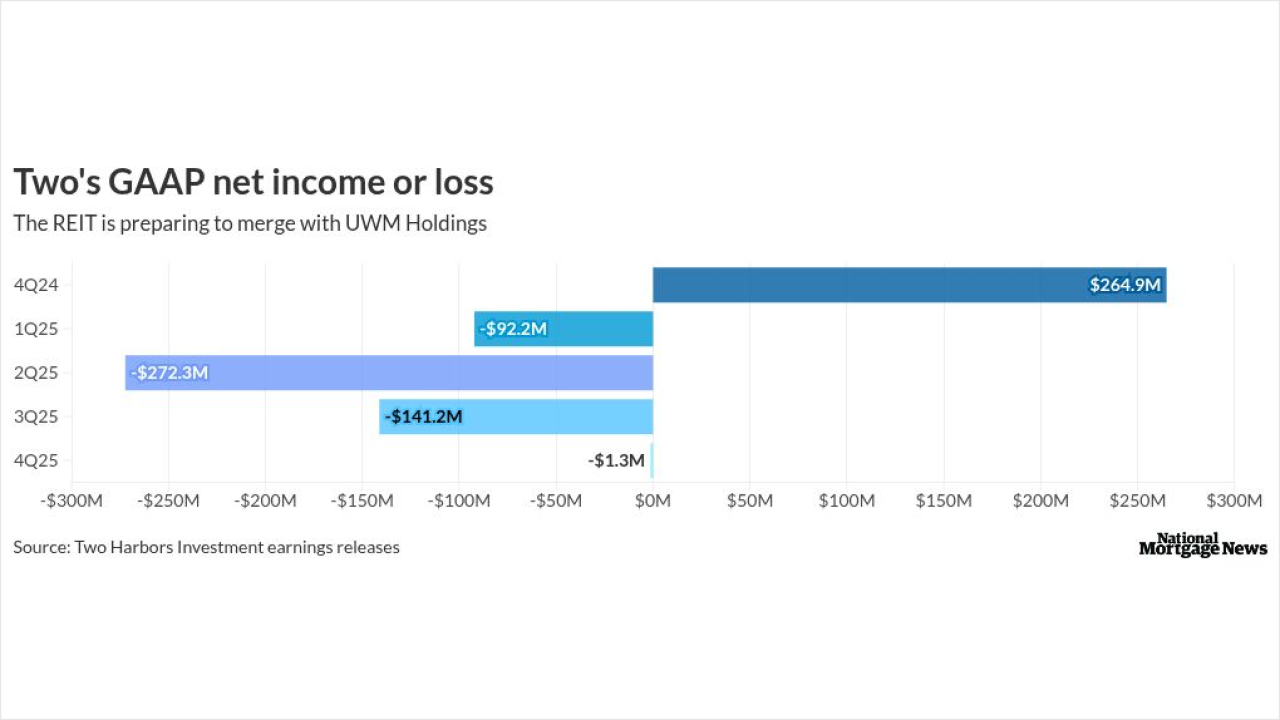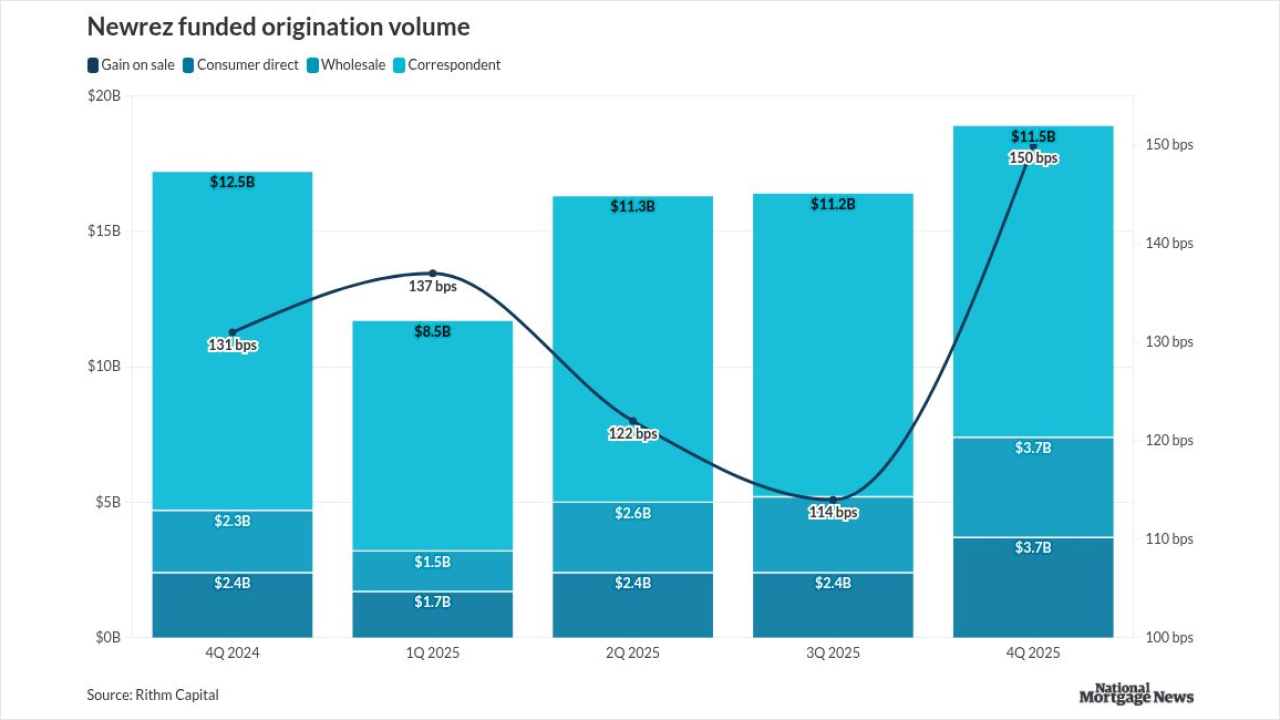
The Special Inspector General for the Troubled Asset Relief Program is renewing calls for further investigation of servicers it claims may be denying too many Home Affordable Modification Program applications.
"Treasury has a
According to SIGTARP, 70% of homeowners who applied to lower their mortgage payment through HAMP have been denied assistance by their servicer. At some of the largest servicers, that percentage is even higher, the watchdog adds.
"There is a massive lost opportunity for an emergency program designed to help homeowners through the crisis if only 20-30% of families seeking help from HAMP actually get into HAMP," she said.
SIGTARP years ago pushed Treasury to require servicers to report
It is now suggesting that the problem may lie in servicer rather than borrower inadequacies.
"Even if some people did not meet Treasury's eligibility standards, SIGTARP has repeatedly pointed out, and Treasury has found in their reviews, known problems by the largest HAMP servicers that have plagued homeowners," she said.
Examples of these include income calculation errors, lost paperwork, and improper denials, according to Romero.
HAMP mods were expected to experience some stress from



